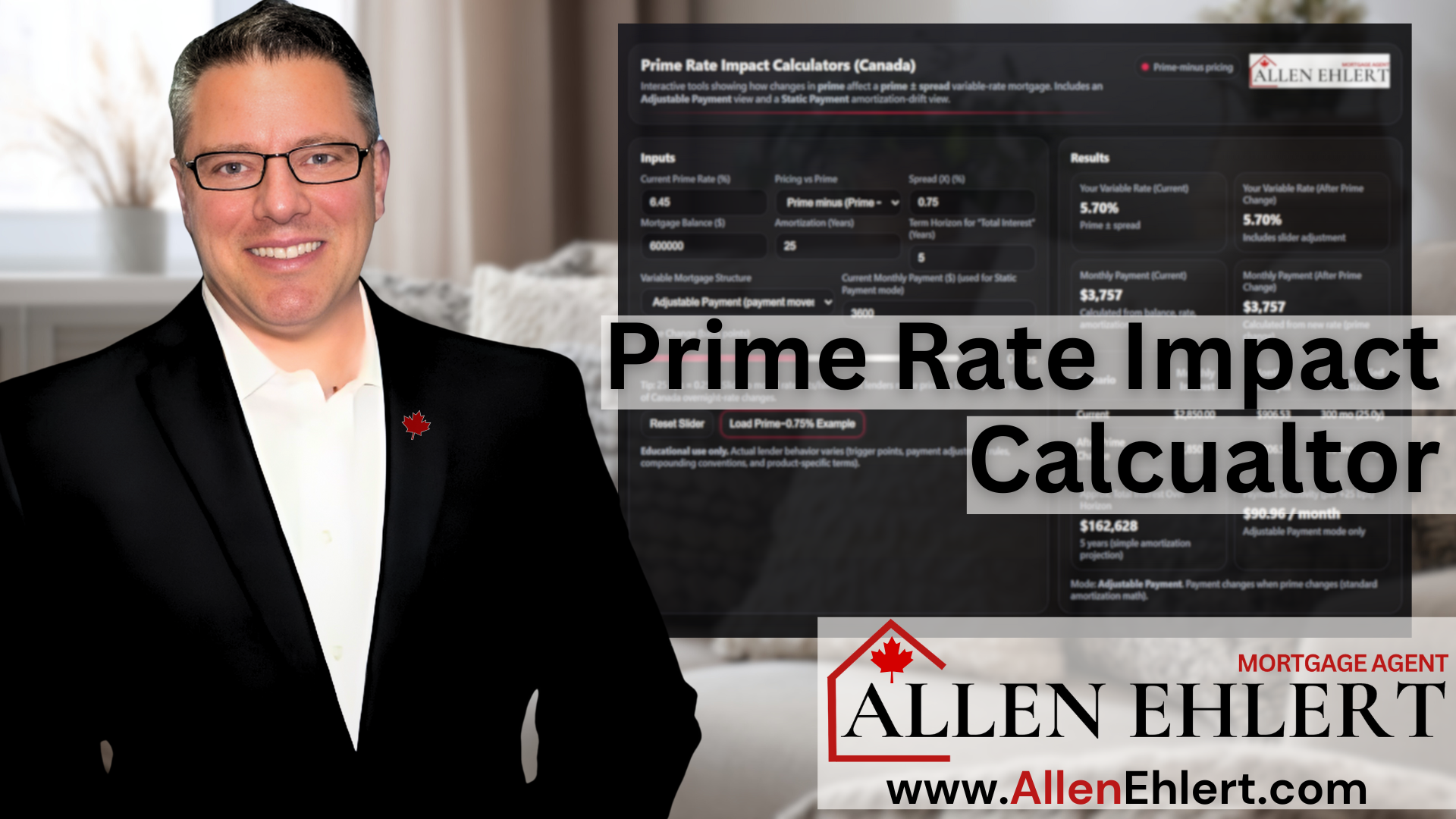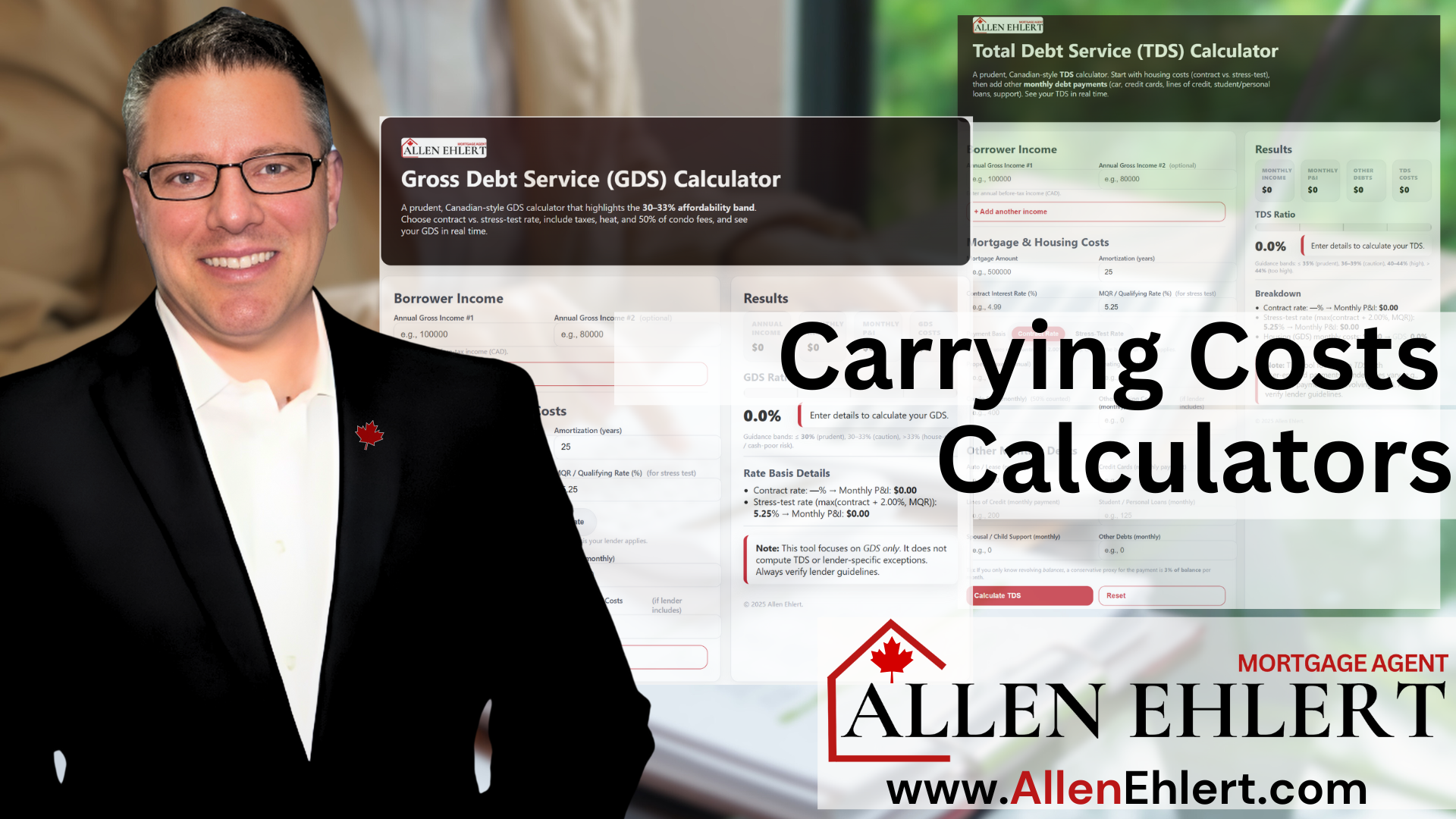… there’s a lot more involved in the commercial world
If you’ve ever been involved in a commercial real estate deal—whether as a buyer, investor, realtor, or business owner—you’ve probably heard someone groan about how long the appraisal process takes or how expensive it is. And if you’ve only dealt with residential properties before, commercial appraisals can feel like stepping into a whole new world: more complex, more detailed, more paperwork… and yes, more money.
But here’s the thing: commercial appraisals serve a very real purpose, and once you understand how they work, who does them, and why lenders lean on them so heavily, it’ll make the process feel a lot less frustrating—and a lot more strategic.
Let me break it down so you can walk into your next commercial deal with your eyes wide open.
Here’s What I’ll Cover:
Who Provides Commercial Appraisals
How Commercial Properties Are Valued
Why the Process Takes Time (And Costs More)
Story Time: The Warehouse with No Walls
How Realtors and Clients Can Put This Knowledge to Work
Who Provides Commercial Appraisals
Forget about the residential appraisers you’ve used in the past. When it comes to commercial properties, lenders require appraisers with the AACI designation (Accredited Appraiser Canadian Institute)—a higher-level certification through the Appraisal Institute of Canada (AIC). These are the heavy hitters who specialize in complex, income-generating, or mixed-use properties.
They don’t just look at what a property “might” be worth—they dig deep into the financial guts of the asset, ensuring that both you and the lender have a crystal-clear picture of the property’s true market value. These appraisers often work through specialized firms focused strictly on commercial, industrial, and institutional properties.
How Commercial Properties Are Valued
Unlike residential properties, which lean heavily on comparable sales, commercial appraisers use a combination of approaches to ensure no stone is left unturned.
Income Approach
This is king for any property that brings in rent. Appraisers review leases, expenses, market rents, vacancy rates, and apply a capitalization rate (cap rate) to calculate the property’s income-generating value.
Think: Office buildings, strip plazas, industrial units—if it makes money, this is the method lenders want to see.
Direct Comparison (Sales) Approach
Just like with homes, they’ll look at recent comparable sales. The catch? Commercial comps are harder to find and often less consistent. Still, it’s a piece of the puzzle lenders want.
Cost Approach
This method estimates the cost to rebuild the property today, minus depreciation. It’s often used for unique-use properties where income and comps don’t paint the full picture—think schools, churches, or one-of-a-kind facilities.
Why the Process Takes Time (And Costs More)
A commercial appraisal isn’t a drive-by with a clipboard and a camera. It’s a deep financial analysis wrapped in a legal document. These reports can stretch from 50 to 150 pages and take weeks to complete.
Expect to pay anywhere from $3,000 to $10,000+ depending on the property’s complexity, size, and location. And don’t be shocked if it takes three to six weeks to get the final report—it’s just the nature of the beast.
The appraiser is looking at everything from comparable rents to market trends, potential environmental concerns, and even how easy (or hard) it would be to sell the property if the lender had to step in. It’s not fast, but it is thorough.
How Realtors and Clients Can Put This Knowledge to Work
For Realtors:
Set realistic expectations with your commercial buyers early. They need to know the timeline and the cost upfront—this isn’t residential, and rushing it isn’t an option. Educate them on why a detailed, professional appraisal protects their investment and strengthens their financing options.
For Business Owners and Investors:
Understand that the appraisal isn’t just for the lender—it’s valuable for you, too. It gives you insight into how your property’s value is truly determined and helps you plan strategically for financing, refinancing, or future sales.
If you want control over the report, you can always commission your own appraisal outside of the lender’s requirements for your own peace of mind.
Storytime: The Warehouse with No Walls (Almost)
Not long ago, I had a client refinancing a small industrial warehouse in the GTA. They thought this would be a quick, cheap process like a residential refi—maybe a week, maybe $800. Instead, it turned into a full-blown commercial narrative appraisal.
The appraiser took over a month digging into comparable leases, structural details, local vacancy rates, and cap rates. The bill? $5,000. But here’s the kicker—it saved the deal. The lender wasn’t willing to take the client’s word on value; they needed facts. And that appraisal provided them. The financing came through, the client kept the warehouse, and everyone walked away happy (if a little more educated).
Allen’s Final Thoughts
Commercial appraisals aren’t fast, cheap, or optional when lenders ask for them. But they are critical tools that protect you, the lender, and the deal. They give everyone involved confidence that the numbers make sense—not just on paper, but in reality.
If you’re stepping into the commercial world, know what you’re signing up for. Be prepared for the timeline, the cost, and the detail involved. It’s not a speed bump—it’s a smart step in securing your financial future.
How I Can Help
As your mortgage agent, my job isn’t just to arrange financing—it’s to prepare you for the full journey, appraisals included. I’ll advise you upfront on what kind of appraisal your deal requires, how long it’ll take, and what it’s likely to cost. I’ve got trusted commercial appraisers in my network who know Ontario’s markets inside and out.
Whether you’re buying your first warehouse, refinancing a retail plaza, or expanding into mixed-use real estate, I’m here to make sure you understand every step and avoid costly surprises. Let’s make sure you get this right from day one.












